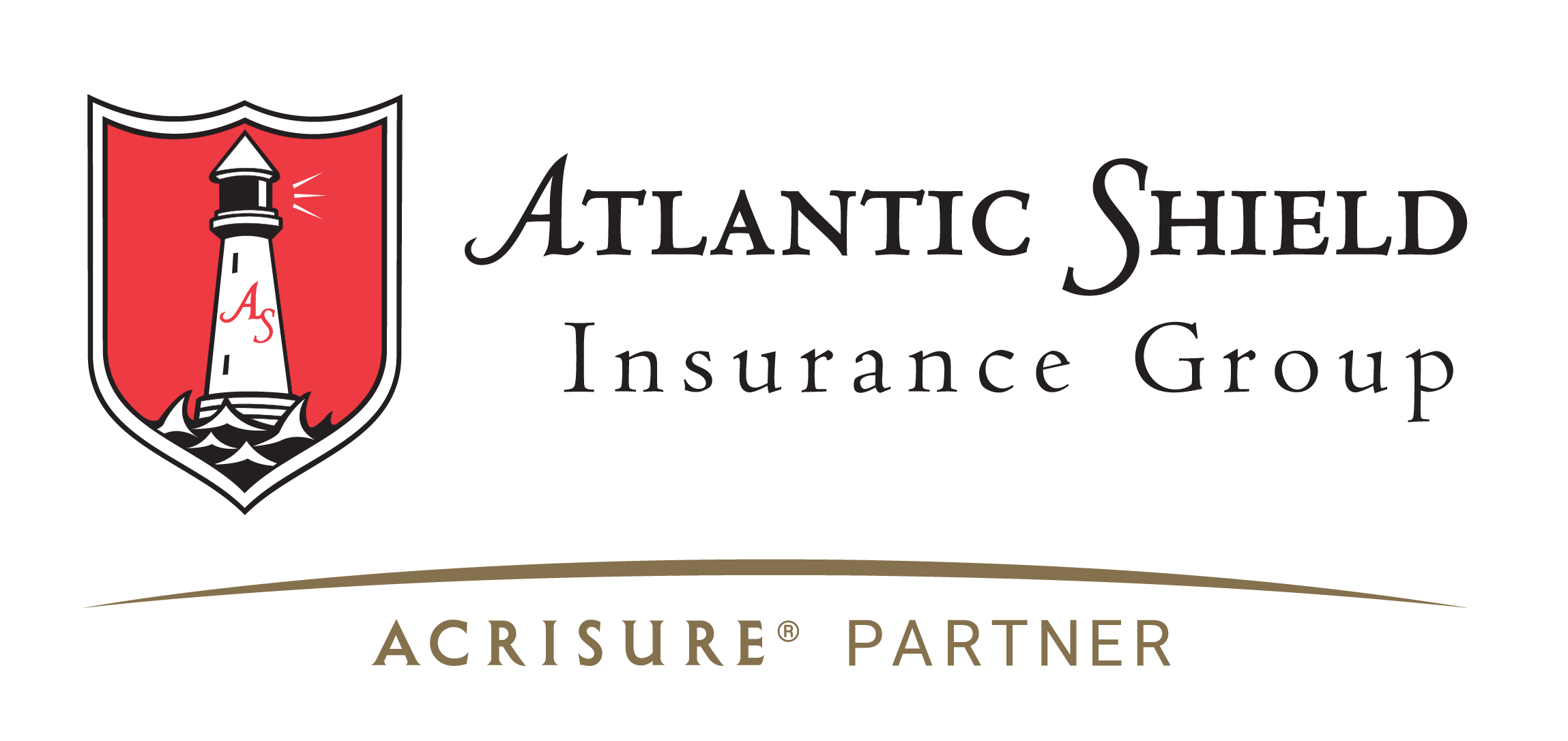Why you should consider earthquake coverage
Did you know that Charleston was hit with more than a magnitude 7 earthquake in 1886 and the USGS updated their earthquake maps in 2008 and Charleston is the bullseye for future seismic events? Click this link to read…



